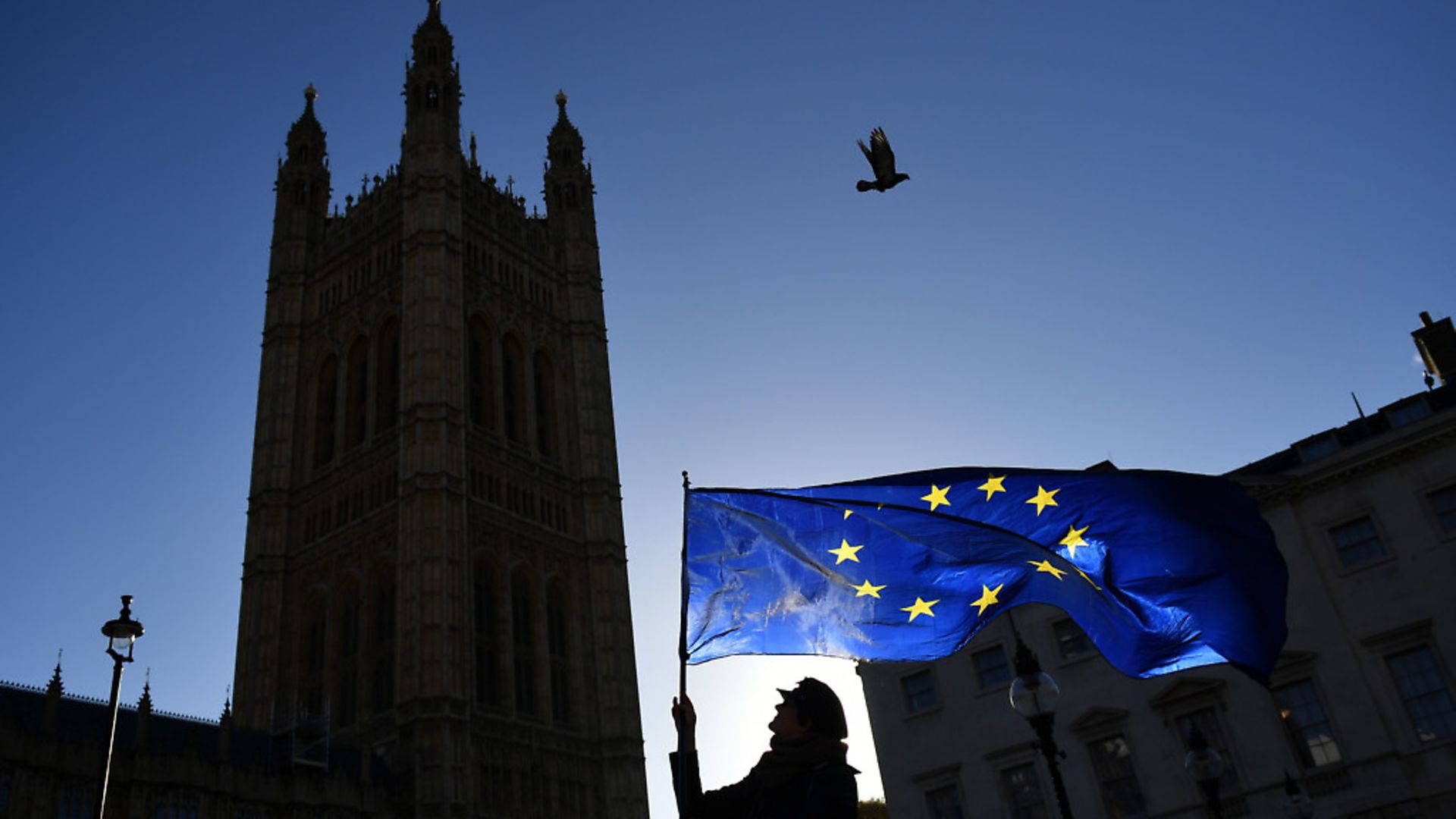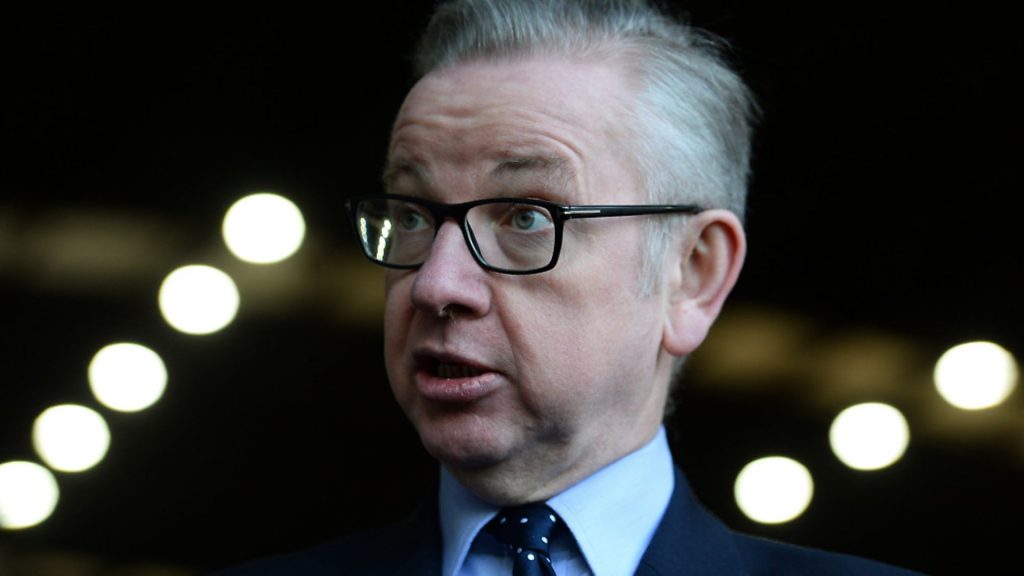
In an excoriating essay, ZOE WILLIAMS identifies the poison that has infected Britain’s body politic, recovery from which has yet to even begin.

Some nations are more insular than others, but generally speaking, and reasonably enough, countries don’t follow one another’s politics in very fine detail.
It takes years to build a reputation.
Well into the noughties, there were people in the great beyond who hadn’t realised that London was cool. But once it’s solid, it’s sealed. Before Brexit, we were known, rightly or wrongly, as a polite and commercial people: financially sound, reliable in the pursuit of our own best interests, law-abiding and respectful of contracts in regard to the interests of others, politically stable, constitutionally unflappable, institutionally honest and democratically mature, with a generous state and a relatively cohesive society. There were creeping doubts about this last bit of the picture, with UN special rapporteurs calling into question the coalition government’s welfare policies in 2014. You’d have had to have your nose pretty close to the glass to get that message from abroad, however.
This has all been torched, a bonfire of our international standing lit by thanatotic tiki flares from every direction. How long it will take to rebuild is utterly unguessable while it’s still on fire. Yet is that even the worst of Brexit? Arguably, its intra-national effects, the descent into incivility, breakdowns in trust between citizens and politicians, politicians and one another, people and the media, all rationally driven by a catastrophic lack of probity in public life, are more immediately painful and concerning.
Theresa May personally has shattered the illusion that, for all the blowhard exceptionalism of Britain’s political rhetoric, there were reasonable minds underneath it all. As the German foreign affairs minister Heiko Maas said at the start of this week, ‘We know what London doesn’t want. Now we must at last find out what they want…’ finishing with the cold stone of reality but simultaneously, the stuff of dreams: ‘and what there is a majority for in parliament.’
What kind of prime minister would trigger Article 50 without the slightest idea what they intended to negotiate for? Who would declaim their red lines so forcefully before they had established any semblance of party unity? Who would enter a negotiation of this complexity with running down the clock as their only strategy? Who would present, after months of foot-dragging, during which the prospect of a deal was quietly replaced with a scramble for a half-baked pre-deal, a Withdrawal Agreement that read like a cut-and-paste job of Top 500 Internet Platitudes?
The psychodynamics of blame politics are now being intricately discussed in relation to a no-deal outcome: it makes no rational sense for the nation, yet for many individual players, no-deal is the only thing that makes sense, since anything else would involve taking responsibility for negative outcomes. No-deal, being the catastrophe almost no-one wants (we will leave Jacob Rees-Mogg for today: being the worst does not make you the most significant, whatever his high media demand has led him to believe), is the very catastrophe almost no politician has to own.
But there is one quarter to which blame cannot possibly be ascribed, and that is to the EU: they may be inflexible, they may be rule-bound, perhaps they have been discourteous (it’s hard to say, looking at the much-discussed photos from recent summits, who is giving the cold shoulder to whom). But you can’t negotiate with someone who doesn’t know or won’t say what they want.
Theresa May’s exchange with Angela Merkel (‘What do you want?’ ‘Make me an offer!’) speaks of so much more than the frustrations of dealing with a ‘bloody difficult’ prime minister: it is nonsensical. It is perfectly acceptable for two sides to seek different outcomes. But when one side doesn’t even know the outcome it seeks, yet loudly and belligerently demands it, to use a very granular divorce analogy, you have left the territory of mediators and even lawyers, and are into the territory of the fantasist. That alone would have been a mortal blow to our standing as a nation with whom other nations could treat: then she brought with her this infestation of clowns.
Liam Fox, who would in normal circumstances have been a substantial player in this disaster story, with his blasting confidence juxtaposed against his pitiful achievements, will be no more than a footnote to Brexit.
The New York Times gave its thoughts on the ‘malign incompetence of the British ruling class’ over Brexit, quoting this assessment of Louis Mountbatten, last viceroy of India, the man responsible for the bloodiest imaginable transition, driven by an incoherent, flaky, ‘let’s get it over with’ spirit that is horribly recognisable: he was a ‘mendacious, intellectually limited hustler,’ according to the historian Andrew Roberts.
It could be any one of our ‘big beasts’ – it could be David Davis, ‘thick as mince, lazy as a toad, vain as narcissus.’ But the figure it immediately conjures is, of course, Boris Johnson, blundering about in his consequence-free environment, his insensitivity hitting the headlines when actually the problem is a deeper carelessness. A gruesome sprezzatura defines him: Anyone who has to think too hard is plodding and common. Let’s see what happens when we don’t think at all.
Who would sign any agreement, do any trade deal with these people? Politicians who would tear up the Good Friday Agreement to make a point on Sky News; ministers of state who are surprised by the proximity of France?
Dominic Grieve and Keir Starmer appear as moral and intellectual giants to us, simply for thinking ahead and taking the time to understand process and consequence. Beyond the personal, the view from the continent is of a country whose opposition doesn’t oppose, that keeps doing things it hasn’t done since the 1600s, foreswearing mature argument in favour of gambits half-allowable by a constitution nobody has taken the time to understand. To think of ourselves as a laughing stock misses the seriousness of the picture: we are no longer trustworthy. A regular country would need to go bankrupt to bring itself to this pass.
But the victim of a car crash doesn’t have time to worry about passers-by. The dishevelment of our own political culture has been alarming. We talk often about that £350 million for the NHS, pulled out of thin air and stuck on a bus, and perhaps not often enough about data breaches and infractions of electoral rules. But the far more important rhetorical manoeuvre, subtler yet no less dishonest, and far more widespread, was a routine dismissal of anything real, anything concrete, anything true, as inherently suspect.
Whether it was Michael Gove bemoaning expertise, or any one of the entire cast of Brexit sneering at Project Fear, the very principles of debate – the requirement of truthfulness, the necessity of meeting an argument with a counterpoint also rooted in fact – were besmirched.
Looking back at the last time trust in politicians took a serious hit – the parliamentary expenses scandal of 2009 – we can see that this is a different order of magnitude. There were bad eggs and dodgy customs and a handful of MPs who were outright fraudulent, but we at least still had moral bearings, the ability and information to judge between true and false.
The foundation stone of the Leave argument was that nothing was true. All those facts you hear? They’re just saying it to scare you. The Remain response – ‘no, wait a second, your facts are made up’ – did nothing to dispel the impression, not of individual mendacity, but a new world in which facts were no longer possible. This reached its apotheosis in the usually unobjectionable figure of the Conservative MP Rory Stewart, conjuring out of the air a public support of 80% for Theresa May’s deal, then admitting straight afterwards – pushed by the journalist Emma Barnett – that it was not a figure but a figment.
If that’s an important breakdown of civility, it is abstract. Far more concrete is the surge of racist and violent outbursts from the far-right, observable from the day after the referendum, since when anyone with a European accent has been subject to casual abuse, and it has become normal for public figures to be chased off College Green for ‘betrayals’ which would once have been called differences in opinion. And here the literal and the figurative fuse, since in the absence of any objective truth, where only feelings matter, power devolves inexorably to those with the strongest feelings.
The rise of the far-right is then pressed instrumentally into an argument against a second referendum; we might rouse the beast; there’ll be riots in the streets. But the logical endpoint of that is the hardest possible Brexit: for people to whom Anna Soubry is a traitor to her nation, whose answer to three million EU citizens living and working and loving here is that they go home, everything is enraging but the ultimate. Besides which, since when was that how we dealt with fascism? To quieten down and hope it loses interest? And where you lay the blame for this, between the anti-immigrant rhetoric of 2016 and the soft-racist concessions made by those who should have opposed it, between a government remaking its institutions according to the principle of hostility and a discursive environment that seems to have blankly forgotten that EU migrants are also people, the most urgent matter is the gargantuan task we have ahead of us, to combat bigotry by facing it down, and stop pandering to it.
The more obvious upshot of the generalised pollution, where everything is contested, is that people end up with the wrong end of the stick: bare assertion pervades. The country definitely voted ‘overwhelmingly’ rather than narrowly; they definitely voted to leave the customs union, even though nobody had previously mentioned it; they manifestly hate the single market, even though only 22% of Leavers thought exiting it would be the consequence; most importantly, the referendum certainly, absolutely, had a clear and unarguable motive, even though two and a half years on, nobody can agree what that motive was.
So it is hardly surprising that vast misconceptions abound – a recent Sky poll found 26% of people thought that no-deal would mean ‘nothing will change’. And while politicians on both sides share some responsibility for that, this has also been a catastrophic failure on the part of the BBC. As a public service broadcaster, its duty was to inform, before it was to present some misleading balance, where so long as your Leaver felt as strongly as your Remainer, your boxes were ticked.
There was social division before Brexit, of course: the vote would never have happened without a groundswell against the status quo, whatever its argument, in favour of the insurgent. And even were we unable to measure or conceive it, we would be able to guess that, in a country where austerity had been the only imperative for nearly a decade, where real hardship was being glossed over by a political environment that dismissed destitution as hysteria, social bonds would have been corroded.
Yet we have become mired in a new normal where divisions only become more intense, and this has nothing to do with popular unrest or dissatisfaction: only the destructiveness, the anarchy, of the elite could have exploded hostilities on so many fronts. Whatever the outcome on March 29, we will be clambering out of their trenches for years.









